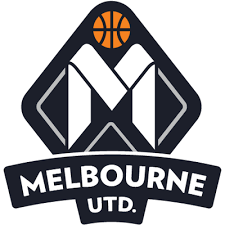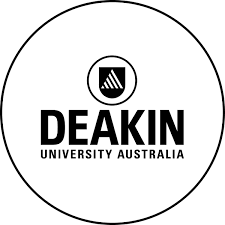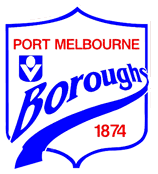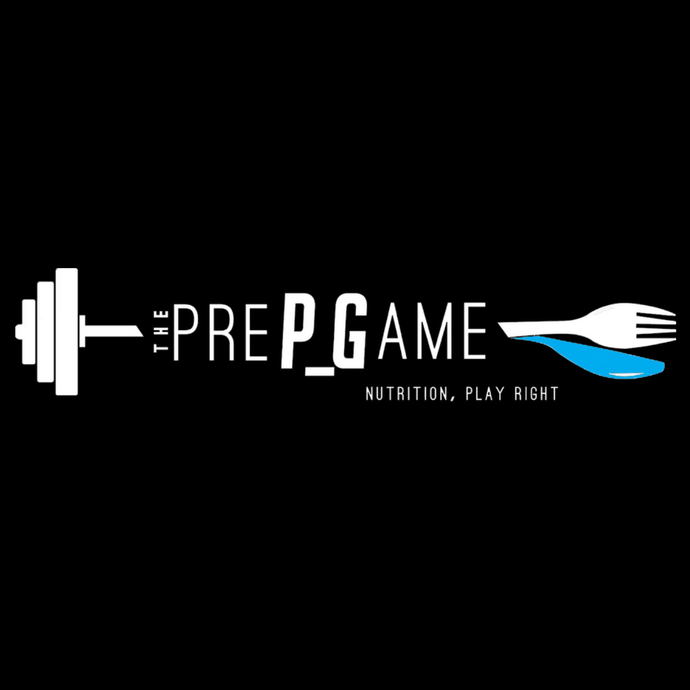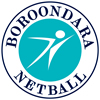Image by Bec Doyle Photography from Eat Right For Your Life (Wilkinson Publishing)
If you are stuck in the office all week, getting out for some exercise is a great way to improve your health, fitness, concentration and motivation. It's the natural way to reduce stress too. Whether you join friends for a social game of soccer or netball after work, or enjoy a lunchtime run with a colleague, the benefits of regular exercise are enormous, and making it social can make it more enjoyable and keep you on track.
Not everyone has the genetic make-up to be an elite athlete, but we still may want to perform to the best of our ability. It doesn’t matter what level you compete at, or if you just train for yourself, you can use nutrition to your advantage for that extra spring in your step or extra seconds off your time.
Here is a sneak peak at some of the best foods to support your weekday workouts, straight from my book Eat Right for Your Life. There are 10 foods in total in the book, but we just have room for 6 of the most super here.
6 of the best foods for performance
Fish
Many people don’t eat enough fish and seafood. If you know that includes you, then make it a goal to have fresh fish for dinner at least once per week then build from there. If you’re not a huge fan of fresh fish, the canned option is also good. Oily fish are higher in omega-3 fatty acids than standard white flesh fish. Sardines and salmon are particularly good for omega-3 fatty acids but are also a great way to get extra calcium if you eat the canned version with the bones (IMPORTANT – don’t eat the bones in fresh salmon!). One small can of fish can provide about 20g of protein, making it a convenient and portable source for muscle recovery after exercise.
Avocado
Some people avoid avocado with the fear it will add weight but what they don’t realise is the monunsaturated fat in avocado is good for you and could actually help with weight loss because of its effect on satiety. The good fats also mean you’re adding important fat-soluble vitamins. You may also be surprised to learn that avocados contain fibre, which assists with helping you feel full. Add avocado to salads, use as a spread, or for a delicious breakfast combined with fresh tomato, coriander and feta on rye toast, or with eggs for a lower-carbohydrate option.
Greek yoghurt
By choosing natural or Greek yoghurt you avoid the extra sugar and additives that are found in many yoghurts. Yoghurt gives you high-quality protein and is low glycemic index so will provide sustained energy for training or a game. With a combination of protein and naturally occurring carbohydrate, yoghurt is also great in the hours post-exercise for improved recovery. If you’re not a big milk fan, yoghurt will help you to meet your daily calcium requirements for strong bones and muscle function. But the greatest benefit of all is that the good bacteria in yoghurt can help to boost your immune system, keeping you healthy to train and compete at your best.
Kale
Normally I am not a big fan of so-called ‘superfoods’, however the thing I love about kale is it is not super expensive like some. Most of the ‘flavour-of-the-month’ superfoods seem to build a reputation that allows producers to charge exorbitant prices, but this does not seem to have happened with kale. Kale is a highly nutritious vegetable but it doesn’t mean you need it for breakfast, lunch and dinner. Other green leafy vegetables and herbs will provide similar benefits, so try to vary your options and include kale as one of your regular greens. Kale and other dark green leafy veg also contain nitrate, just like beetroot.
Beetroot
Studies show that regular intake of beetroot juice by cyclists helped to improve endurance performance. You might not need to down litres of purple juice, but you can increase your intake of the active ingredient nitrate by including more beetroot in your diet. There is also research indicating that beetroot juice may reduce blood pressure, an added bonus. Other foods that also contain nitrate include leafy greens such as rocket lettuce (arugula), another good reason to eat your greens, and your purples.
Watermelon
Watermelon is one of the few fruits with a higher glycemic index. High GI foods are ideal for post-exercise to ensure carbohydrates are quickly absorbed. Watermelon (or any melons) also has a high water content, which can assist with rehydration. Like tomatoes, watermelon also contains lycopene, which may reduce the risk of prostate cancer in men. So forget the oranges for post-game, hook into a plate of watermelon for fast recovery.
If you are keen to learn more about the best foods (and beware foods) for different stages of life, you will find these, plus the recipe for Baked Fish with Warm Lentil and Beetroot Salad pictured above, in Eat Right for Your Life.
I have a new book due for release next year with a specific focus on foods for performance, not just for sport but performance in business and everyday life. If you are interested in regular performance nutrition updates, simply leave your details at http://www.lisamiddleton.com.au/thoughts-index/ .







